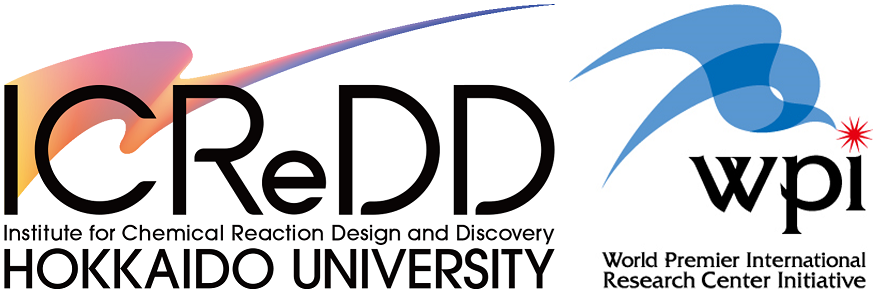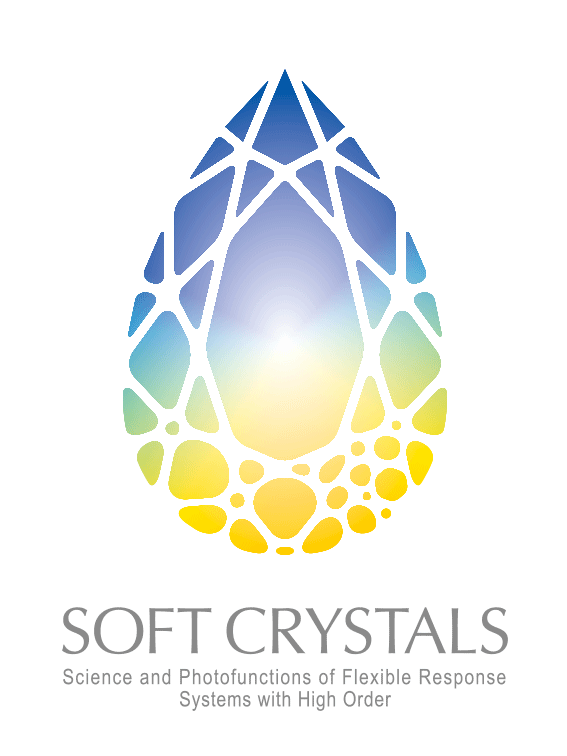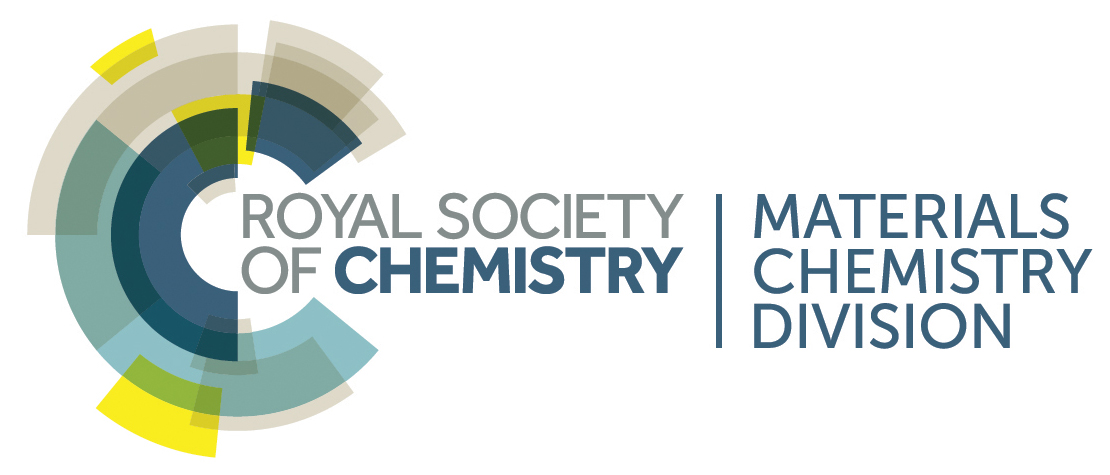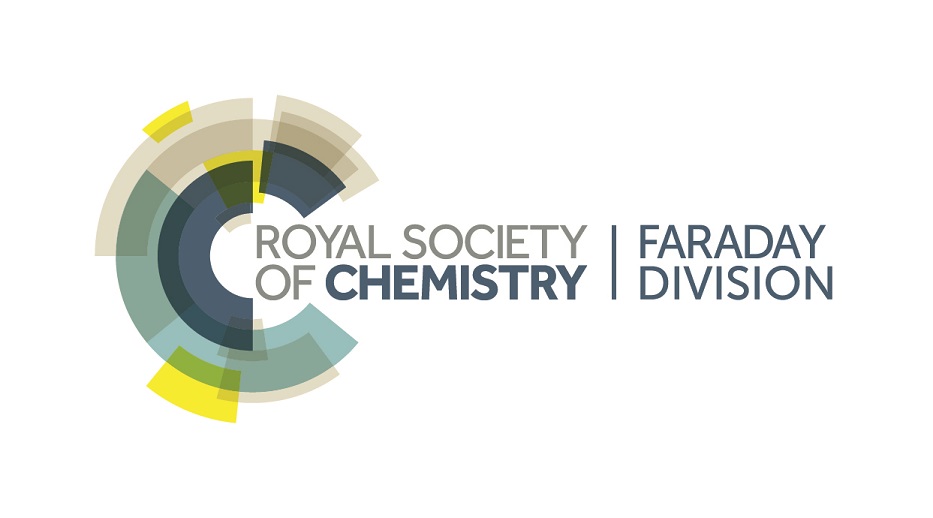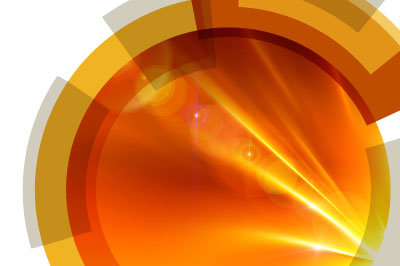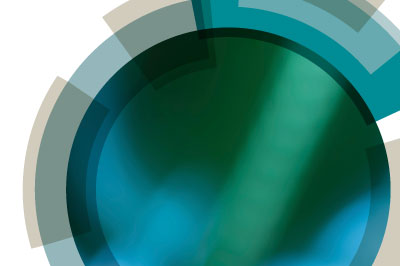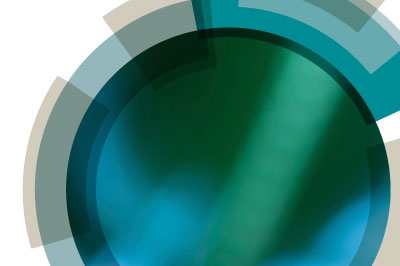Welcome
Join us online in October 2020 for this virtual addition to our Faraday Discussion series. For over 100 years and 300 meetings, Faraday Discussions have been the forefront of physical chemistry. Many of these Discussions have become landmark meetings in their field. We are pleased to be working with the organisers for this edition in the series.Faraday Discussions are unique international scientific conferences that focus on rapidly developing areas of chemistry and their interfaces with other scientific disciplines. Many Discussions have become landmarks in their field, and we hope you will join us at this Discussion to make your contribution to this famous series of meetings.
The meeting will be of interest to established scientists as well as post-graduate students and industrial researchers across a diverse range of disciplines, from organic and molecular chemistry, to solid state physics and chemistry, materials sciences, chemical and biochemical engineering.
Susumu Kitagawa and François-Xavier Coudert
co-Chairs, Cooperative phenomena in framework materials
There has been exponential growth in the number of nanoporous framework materials reported in the scientific literature over recent years, with thousands of new metal–organic frameworks (MOFs), covalent organic frameworks (COFs), molecular framework materials, inorganic framework materials, and supramolecular frameworks. These novel families of materials open up new horizons in practically all branches of engineering, physics, chemistry, biology, and medicine.
Nanoporous materials find numerous applications as selective adsorbents and catalysts, substrates for biosensors and drug delivery, membranes and films in various nanotechnologies, which involve fluids adsorbed or confined to nanoscale pores.
Compared with both dense and nanoporous inorganic materials, many framework materials are based on relatively weak interactions (coordinative bonds, π−π stacking, hydrogen bonds, etc.), and present large numbers of intramolecular degrees of freedom. Evidence is accumulating that there is a propensity among these framework materials to display large-scale dynamic behaviour, which is typically described by the vague term “flexibility”. These cooperative phenomena are very diverse both in terms of their microscopic origins and their macroscopic manifestations.
Cooperative phenomena lead to multiple chemical or physical changes upon stimulation of the materials, leading to their designation as multifunctional or “smart” materials. This, in turn, can be leveraged for practical applications, as sensors, nano-actuators, pressure-amplifying devices, for light-controlled storage release of encapsulated molecules, to name but a few. It can also allow these solids to behave as metamaterials, exhibiting properties that are rarely or never found in nature: negative thermal expansion, anomalous mechanical properties such as auxeticity or negative linear compressibility, negative adsorption, etc.
This topic combines both fundamental and applied aspects. The Faraday Discussion format, with its unique focus on open and spirited discussion between key players, will give the community an unparalleled opportunity to identify the open questions and challenges in the field, which is still being shaped as it grows, as well as the best ways to address them.
Useful links
Downloads
- Virtual Event FAQ document
- Programme
- Abstract book
- Pre-Prints Session 1: Advanced characterisation techniques: multi-scale, in situ, and time-resolved
- Pre-Prints Session 2: Materials breaking the rules
- Pre-Prints Session 3: Novel Computational Tools
- Pre-Prints Session 4: Towards complex systems and devices




